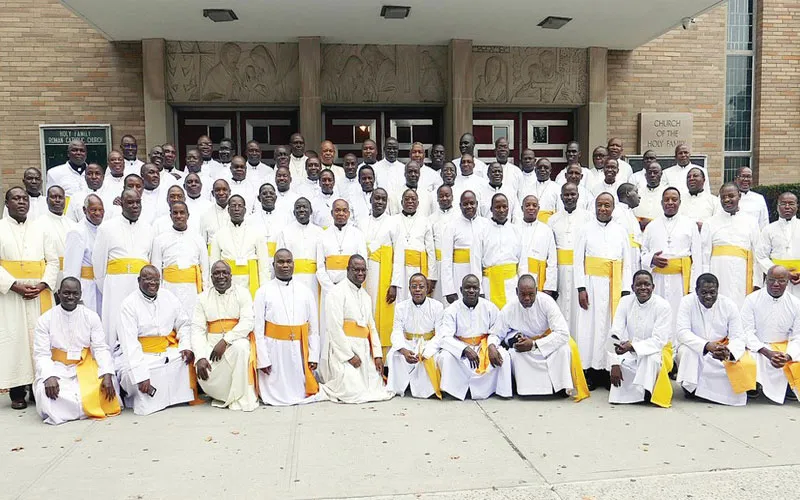Nairobi, 27 April, 2020 / 10:00 pm (ACI Africa).
The 2018 Vatican Decree issued through the department for Institutes of Consecrated Life and Societies of Apostolic Life (CICLSAL) to the Institute of the Apostles of Jesus was not meant “to close or suspend” the Kenya-based Religious Order but to begin a process of its rehabilitation and reform, two Church officials mandated by the Holy See to oversee the process have clarified.
“The Decree explicitly uses the term: “… to rehabilitate,” and not to “close or suspend” the operations of the Institute,” the Pontifical Commissary, Fr. Raphael p’Mony Wokorach and the Secretary to the Pontifical Commissariat, Sr. Eugenia Campara stated in their co-signed letter dated April 24.
The clarification is based on misinterpretations about the Vatican Decree, which, according to those mandated by the Holy See to oversee the operations of the 52-year-old Institute, “don’t reflect the mind of the Church about the Decree itself and the Institute of the Apostles of Jesus.”
Issues of concern emerged when delegates of the Institute of the Apostles of Jesus gathered for their 2014 Chapter, resulting in the intervention of the Holy See’s department overseeing Religious Orders headed by the Brazilian-born Joao Braz Cardinal Aviz.
A three-year inquiry into the life of the members of the Institute launched in 2015 under the overall guidance of Cardinal Aviz revealed anomalies around leadership, the handling of material property, community living, formation, and fidelity to a life of vows.








